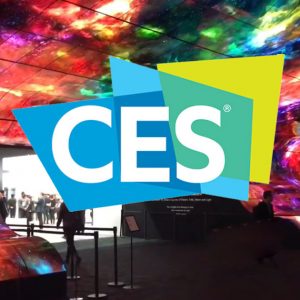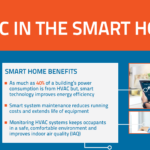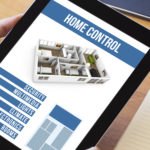 Another year has wrapped at the Consumer Electronics Show (CES), with the latest innovations on display teasing about the next big breakthroughs in everything from self-driving cars to smart home crossovers.
Another year has wrapped at the Consumer Electronics Show (CES), with the latest innovations on display teasing about the next big breakthroughs in everything from self-driving cars to smart home crossovers.
If you’re an HVAC specialist, CES is an opportunity to take stock of coming trends and get a sneak peek at how yours might evolve in the near future.
Smart Home Crossover Cases
One of the topics explored at CES this year was home energy management. More specifically, the topic asked what the next evolution of this space might include. For instance, how will it evolve beyond the adoption of smart thermostats, such as Google Nest?
If the discussions and trends at CES ring true, HVAC specialists can expect the answers to those questions to include deeper integrations with smart technology. Most notably, this includes crossover cases, in which technology and infrastructure from seemingly distinct fields work together to make the end user’s experience more seamless.
One simple example might be a smart thermostat manufacturer working with a telecommunications company, such as Comcast, to add thermostat control to the home entertainment control system. This is something Zen Ecosystems has already started.
Advanced Integrations
Also evident at CES was a desire for deeper and more robust smart capabilities for energy management beyond the single-family home.
One of the companies present at CES for this topic was STRATIS, which has created a smart platform for whole-building control of large multi-family buildings and student housing.
Their platform connects smart-enabled devices throughout the building and within units — including heating and air conditioning — to automate things like security, access, and energy usage. This is especially useful during construction and for vacancies.
Turnkey Smart Energy Solutions
Another company present for this talk at CES was Inspire, a smart energy company that’s looking to disrupt the industry in a few different ways.
For starters, they offer residential customers access to 100% clean energy drawn from wind farms across the United States.
Beyond that however, they also offer their customers personalized bundles of smart home energy devices, alongside their energy subscription, to maximize efficiency and reduce energy costs.
This is a good example of shifting consumer expectations. Inspire recognizes this and is making it easy for their customers to add smart home energy management to their home with a single service.
Impact on HVAC Techs?
If you’re an HVAC professional, these trends should only reinforce what has been clear for years now: The industry is changing and moving toward smart technology, smart systems, and automation.
While the fundamentals of the HVAC systems you operate might remain largely unchanged in the coming years, their need to integrate with other systems and software will be in constant flux. As an installer or technician, it will be critical you know how to setup, manage, and troubleshoot those integrations.



